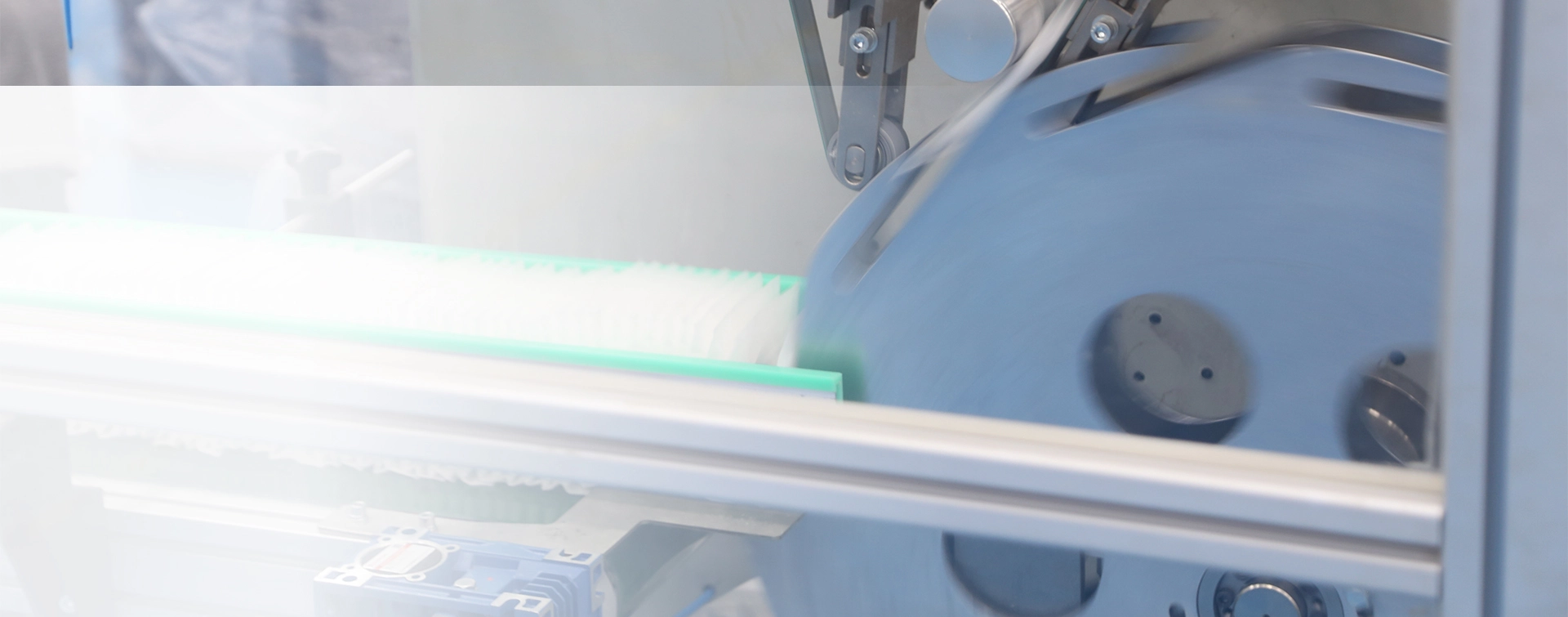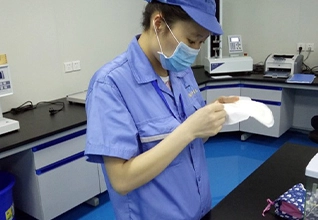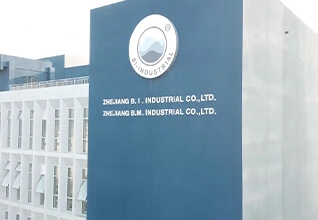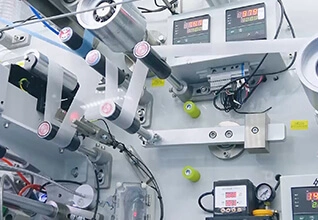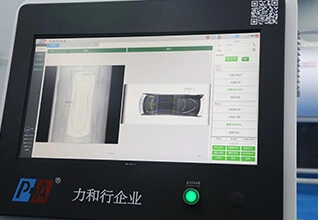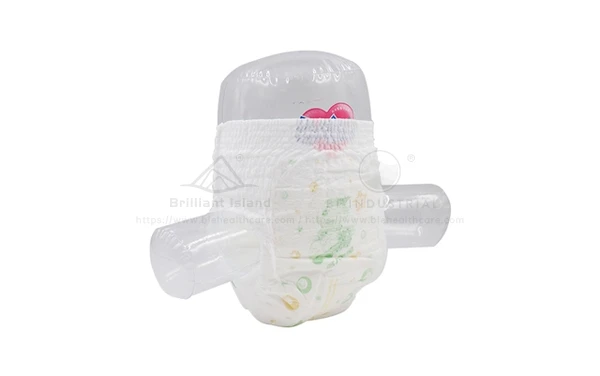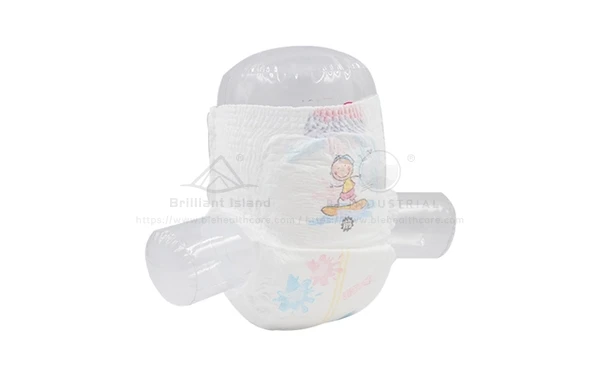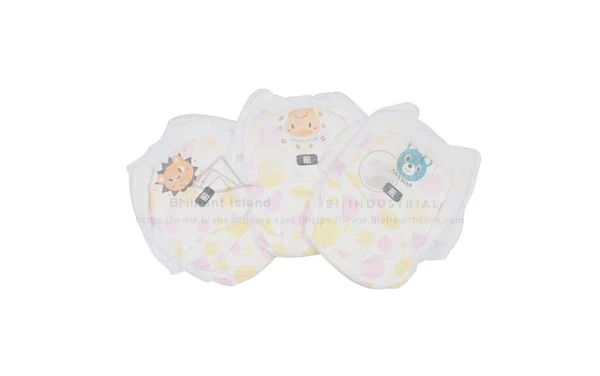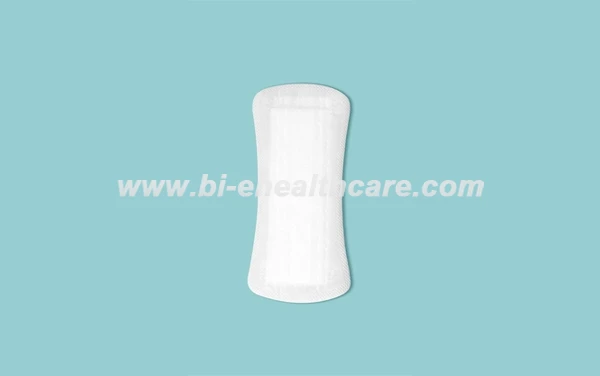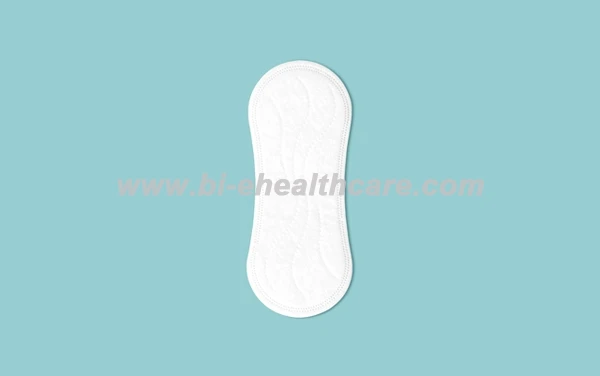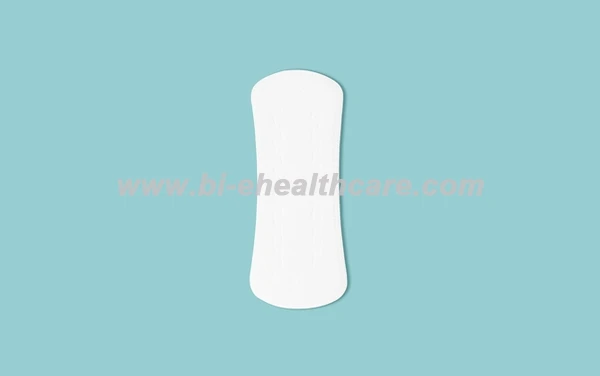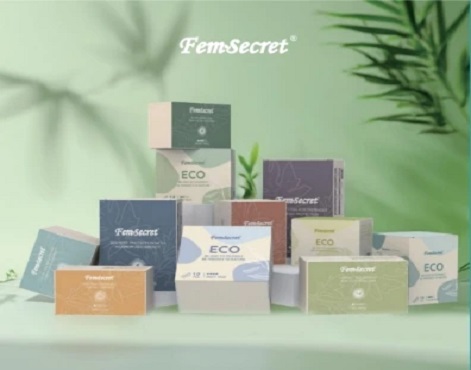| Parts of Sanitary Pad | Can l Customize? | Additional Charges? | |
| Easy Tape |  | Yes, you can choose to have the easy tape color you like best. | No |
| Individual Wrapper | 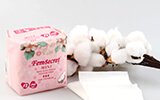 | Yes, you can choose to have your own logo on the individual wrapper. | No |
| Release Paper |  | Yes, you can choose to have your own logo on the release paper. | No |
| Pack Size | 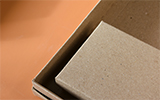 | Yes, we can make any piece count per pack for you. Just tell us how many pieces per pack you want to have! | No |
| Packaging Style |  | You can choose to have pouches /PE bags/Drawstring bags/paper boxes/aluminum foil bags, etc. | No |
| Packaging Design | 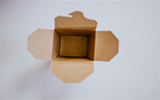 | Yes, you can provide us with your own artwork or we can also design the packaging for you for free! | No |

